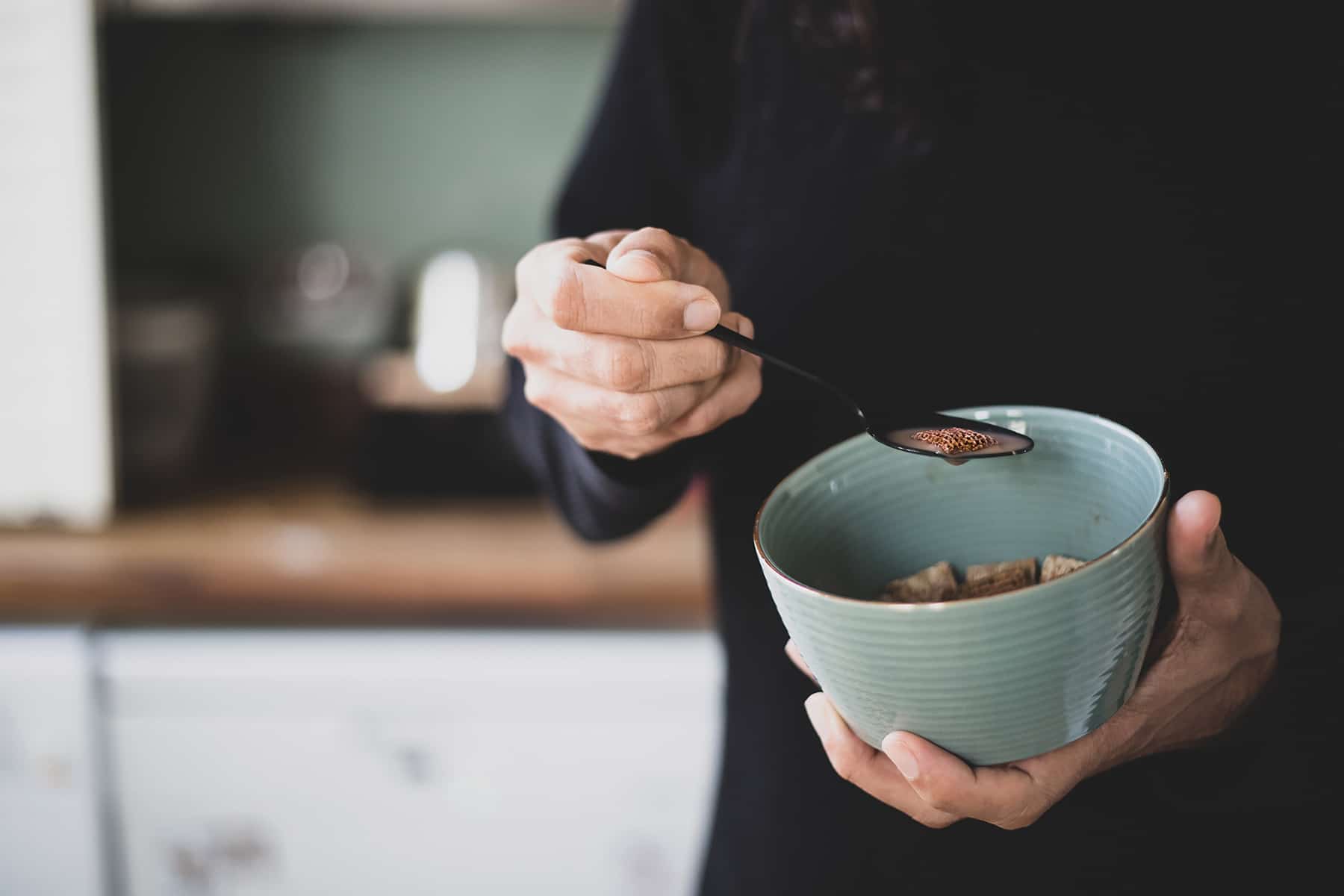
His head hovered above a massive bowl of milk eddies and lingering crumbs.
I observed him as he watched spirals of pink, orange, and brown
collide into and diminish each other.
My Papa studied them seriously,
as though he was to be tested on their shade and persistence at some distant time.
His parkinsonian grip caused his spoon to whip back and forth
across the bottom of his ceramic bowl,
and the industrial clinging of metal against earthenware
filled the kitchen so entirely that I forgot to express shock,
or, perhaps distress,
when it sounded, like a metronome
that kept pace of the conversation our eyes were having.
I was only nine, but could detect,
from my Papa’s labor-intensive breakfasting,
that his once towering walls,
capable of defending the defenseless in Three Mile Island
and of scooping my small frame into his solid embrace,
were gradually, much like the bits of cereal,
crumbling under the mallet of Parkinson’s disease.
But, despite being intimately attached to his illness,
he still reached and reached beyond its harsh hold over him.
His gap-toothed smile shone,
like a fractured half-moon,
as he taught me the rubric of the chess board,
where to situate my knight relative to my pawn,
but, more importantly,
how to wrap my small head
around a thought process I would, unwittingly,
carry in my pocket for a decade and pull out
as I studied complex mathematical functions and vectors.
While the transference of the art of thinking came in handy,
my papa’s most enduring imprint on me
did not only involve the synapses inside my brain,
but also encompassed my heart and soul.
Almost two decades after I scrutinized his cereal habits,
I can still hear the pulse of metal against ceramic when the world becomes silent.
I can still see the trail of his Fruity Pebbles in milk in my dreams.
I can still sense the cruel and irrepressible quiver in his hand when I lay my palm over my chest to feel my own irregular heartbeat.
My papa may be dead, but he will never be lost to me
because I would soon confront my own physical losses in the form of a connective tissue disease that would rob me of my physicality, much like my Papa’s Parkinson’s.
From him, I continue to fine-tune the art of living with grace,
of letting a smile overcome me in spite of the disfiguring nature of my own disease.
All I have to do is shut my eyes and observe his smile, his audacity to perform small humanizing acts, like eating cereal with gratitude and delightful abandon.
Papa, I am still watching you,
learning from you how to live each day
no matter what part of my body decides to falter next.
I love you.






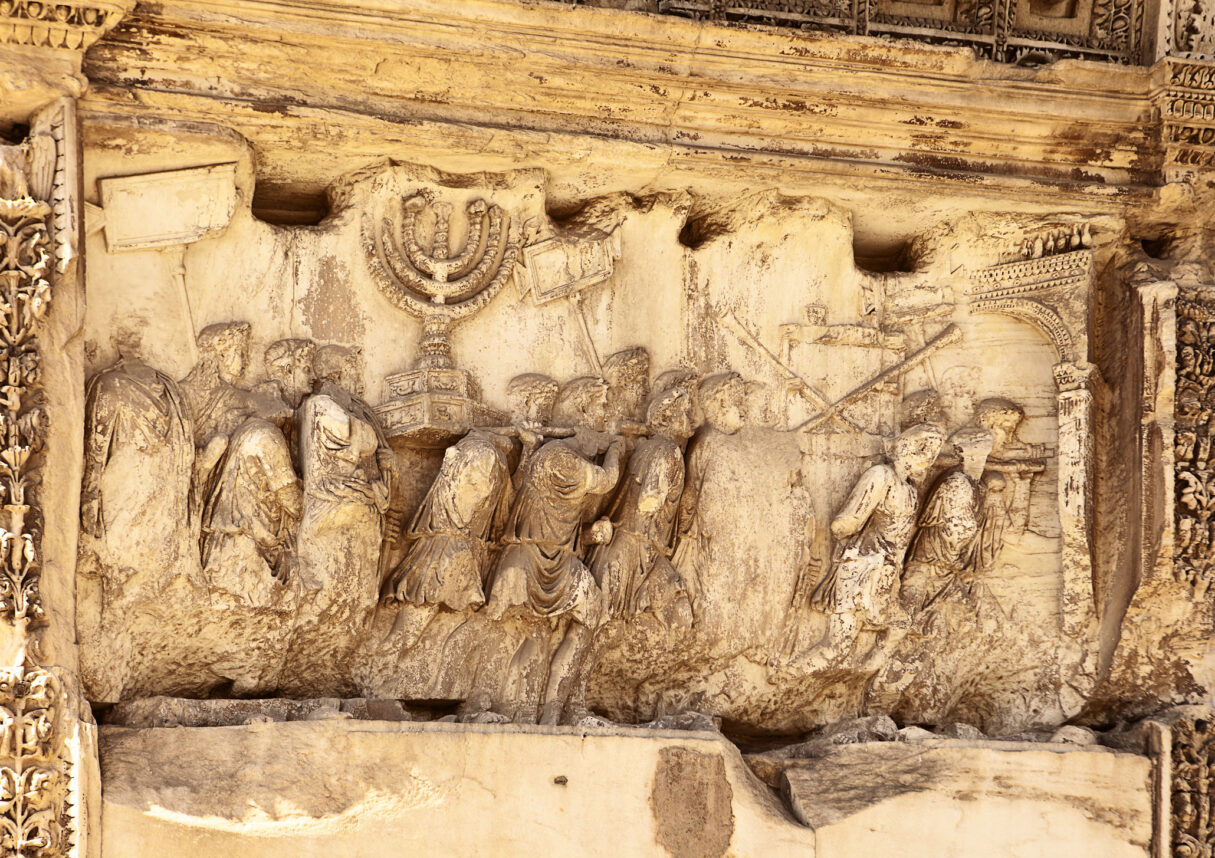
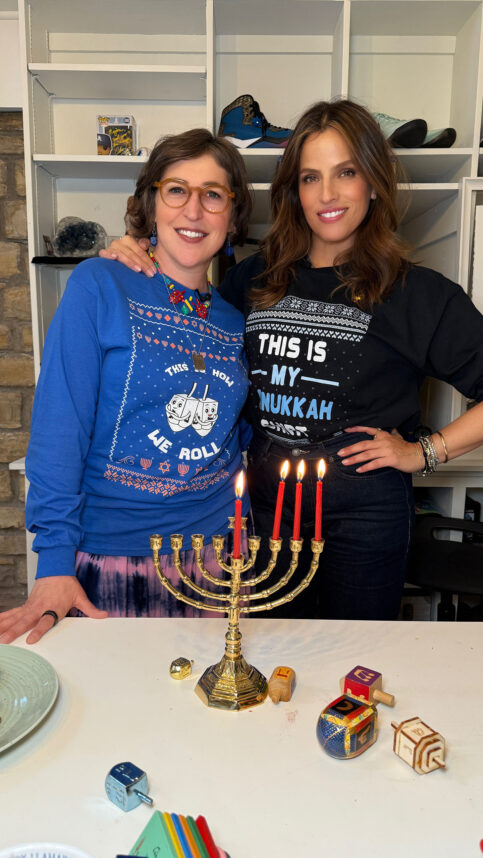




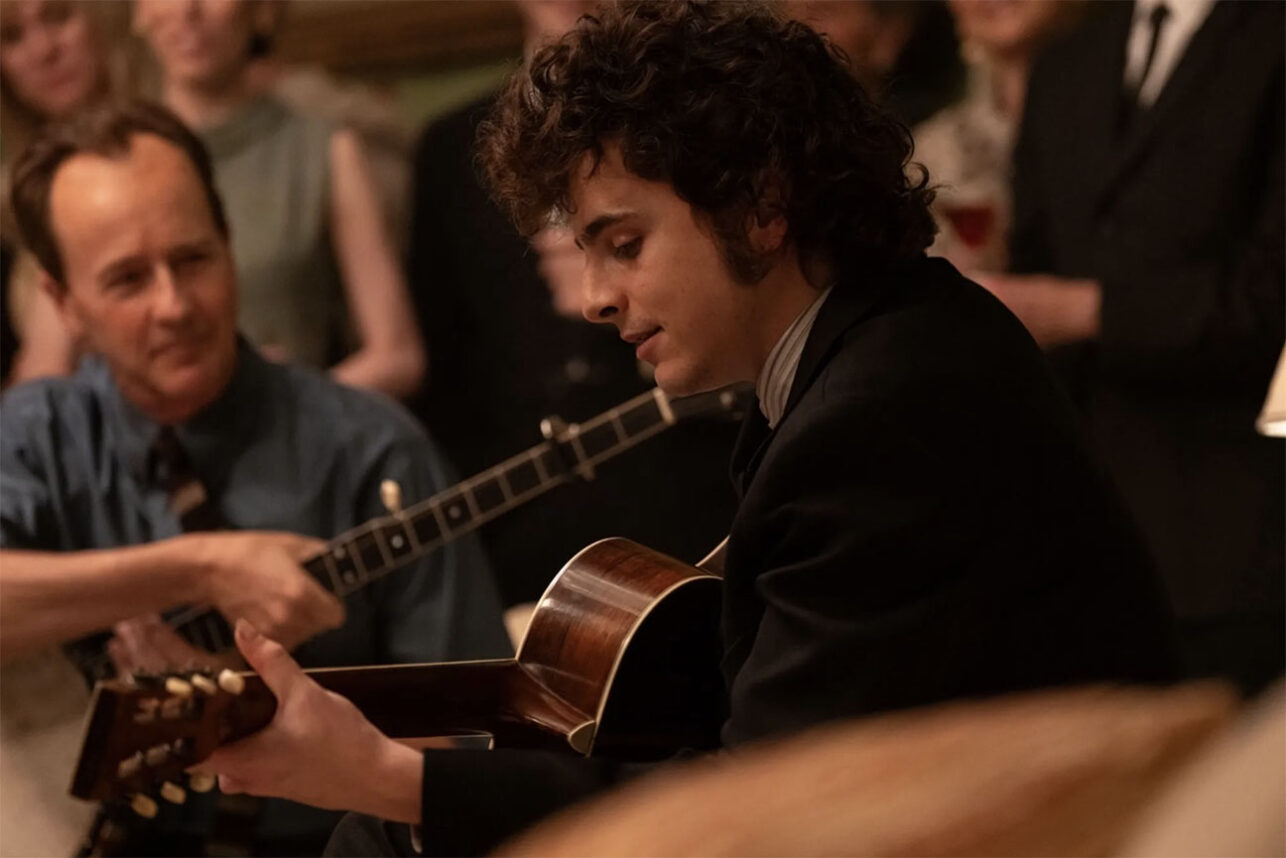
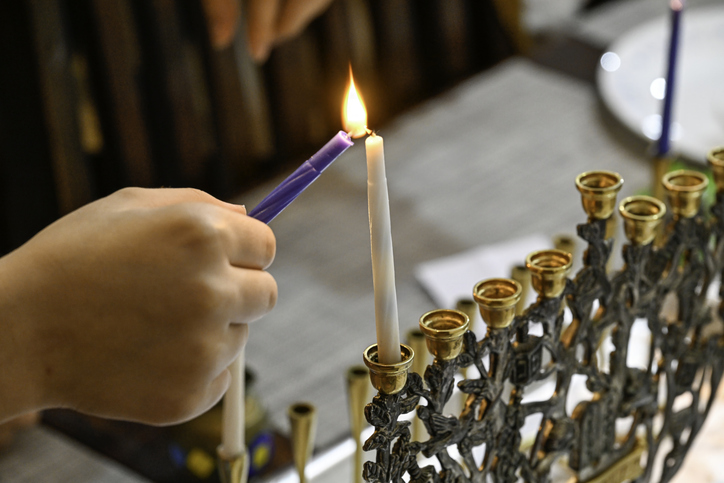

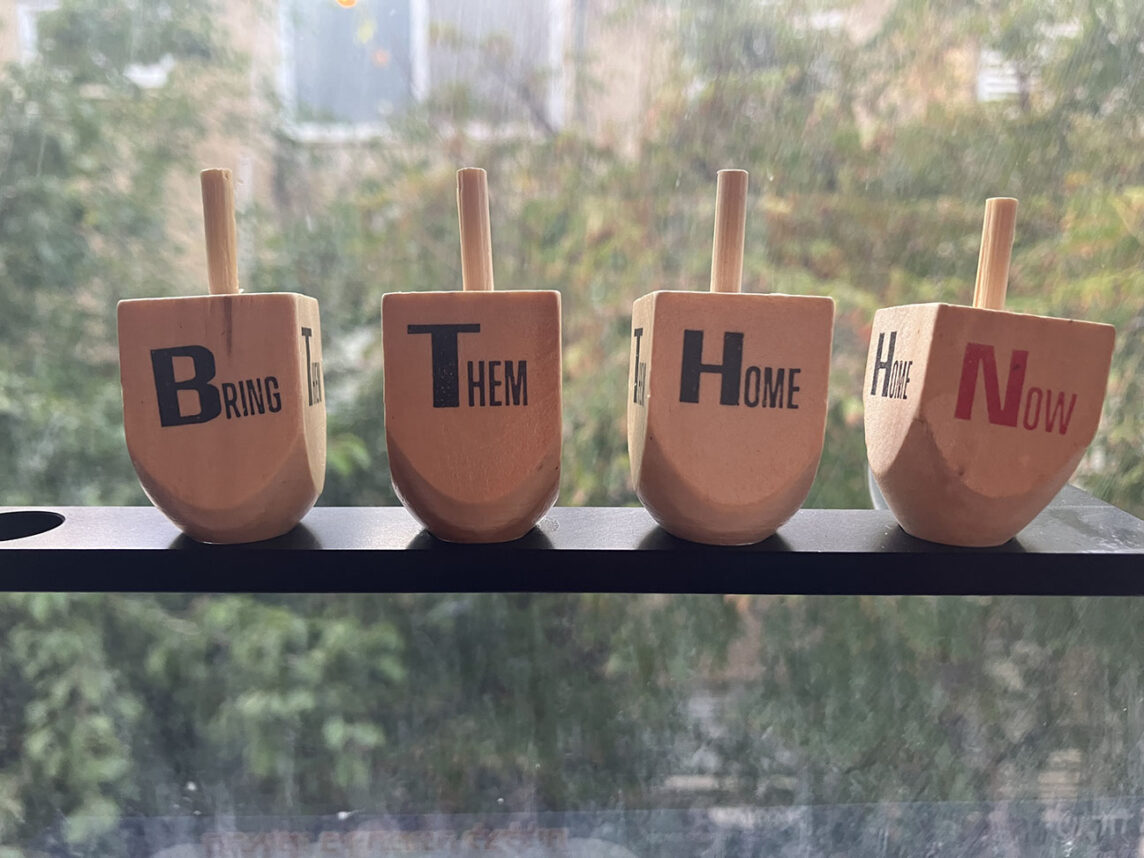





 More news and opinions than at a Shabbat dinner, right in your inbox.
More news and opinions than at a Shabbat dinner, right in your inbox.